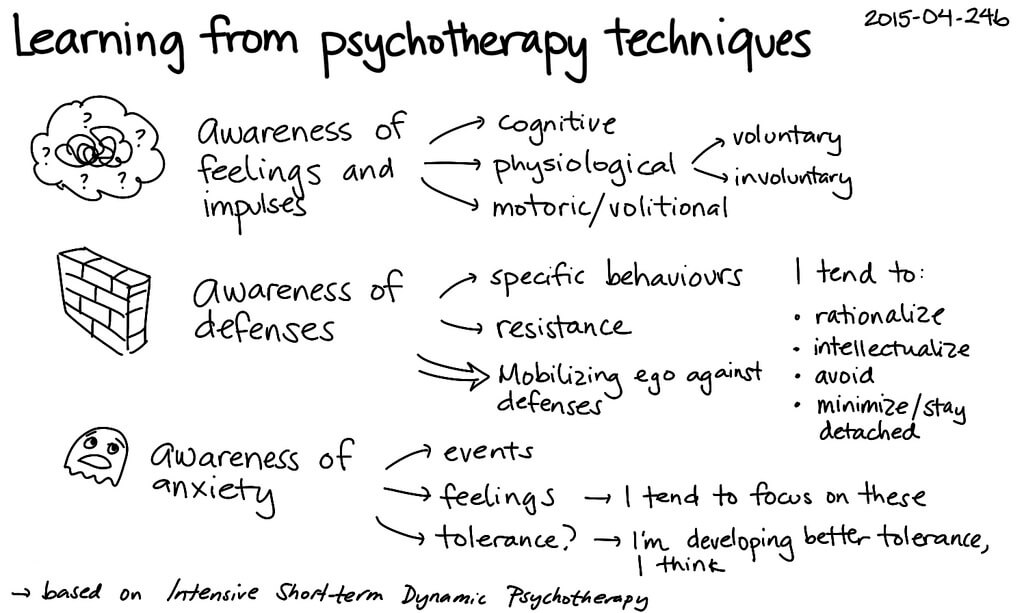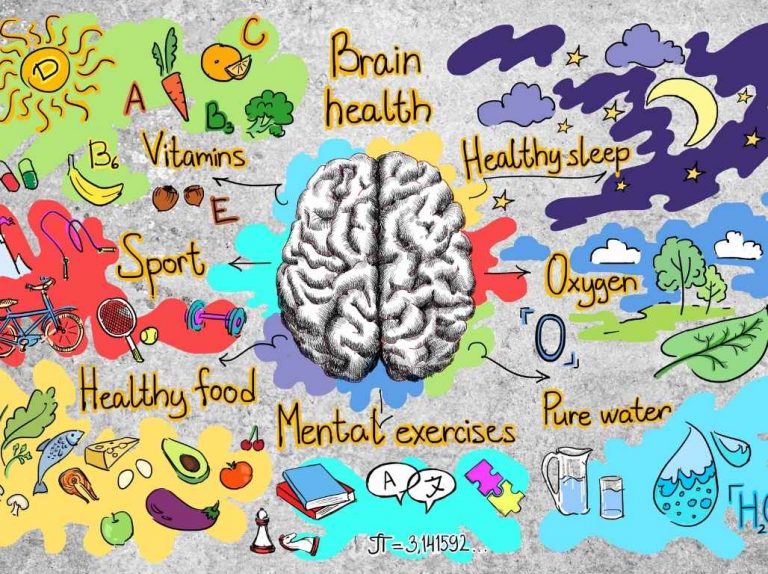Are you afraid of the term psychiatry? Do you wonder if you are ready for the loony bin if you need to seek help? And what kind of help might you need if you’re feeling depressed, are constantly angry, or you’re so anxious about the Covid epidemic you can’t even go out to get food? Did you know that taking care of your mental health is even more important than physical health? But why are people frightened to learn more about it?
Mental health and mental illness words are so emotionally laden, we tend to shy away from exploring what they mean. How is your brain health today, asks nobody ever.
The questions, “How are you?” or “How are you feeling?” elicit the simple response, fine, or not so good. We may say not so good if we’re physically ill, but heaven forbid anyone thinks we’re crazy or have problems with our brain chemistry.
In toxic relationships, your friends and family members can use mental health as a weapon against you if you don’t do what they want. Have you experienced a loved one calling you crazy? We have to behave well despite our true behavioral or emotional health because it’s always been so.
Mental health and mental illness have been stigmatized since the beginning of time
Let’s face it, since the beginning of time humans have not been compassionate or helpful when we’re not well. We’ll all supposed to be fine and behave well. So what is mental health?
Good mental health includes these 5 areas: physical health, social/relational health, emotional health, intellectual health, and spiritual health. They weave in and out of each other to form a healthy human being who continues to grow, heal, and evolve.
Biological psychiatry explores brain health
What happens when something goes wrong? When we struggle with behavior or emotions or relationships or substance use, we all wonder: What’s wrong with me? Is something wrong with my brain? Or am I just an emotional wreck? Is it the trauma in my past? What causes mental illness?
Finding out what’s wrong helps determine what kind of treatment will help
Biological psychiatry emphasizes the connection between brain functions and behaviors. The goal is to show that physical factors can cause mental disorders. That’s where imaging the brain and other tools can show what’s happening.
Psychotropic medications and other medical interventions play a big role in biological psychiatry, but that’s not the only treatment people should choose, no matter what is uncovered. All types of mental and emotional issues should be treated in an interdisciplinary approach with biological, psychological, and social interventions, taking advantage of current technology, as well as relying on scientific research when appropriate.
Biological psychiatry is a diagnostic tool
By delivering clues about the causes and risk factors of mental disorders, biological psychiatry research opens the door for more effective prevention techniques. As medical testing for mental disorders advances, people will be able to know they’re at risk before they even have severe symptoms. This gives biological psychiatrists the opportunity to treat mild problems before they become nearly unmanageable.
Not everybody needs medicine and psychology is still king
Brain health can be interrupted by drug and substance use. Teen development can be arrested with alcohol, marijuana and other drug experimentation. Addiction, after all is a disease of brain reward; and healthy brain function is hijacked and changed with drug and alcohol use. Recovery from substance and behavior use disorders have a psychological component. We are our psychology after all.
Psychotherapy always has a treatment place
Of course, even with the increasing knowledge about the biological processes at work in mental disorders, psychology is still an essential factor. Changing thoughts and behaviors through therapy will likely continue to be an important part of treatment, just as are taking medications or getting a medical procedure done.
So psychotherapy still has a prominent place in helping people with mental health issues. If you’re concerned about your mental health, talking to a therapist can help you determine what kind of treatment you need.

Source: flickr.com
You can also work on your mental health issues through psychotherapy with a licensed counselor. While the concept of biology as a crucial factor in mental illness isn’t new, the field is currently expanding and developing at a phenomenal rate. It has the potential of increasing avenues for helping people who have mental conditions. It has and will almost undoubtedly continue to increase understanding and decrease stigma for anyone who is struggling to overcome mental illness.





















